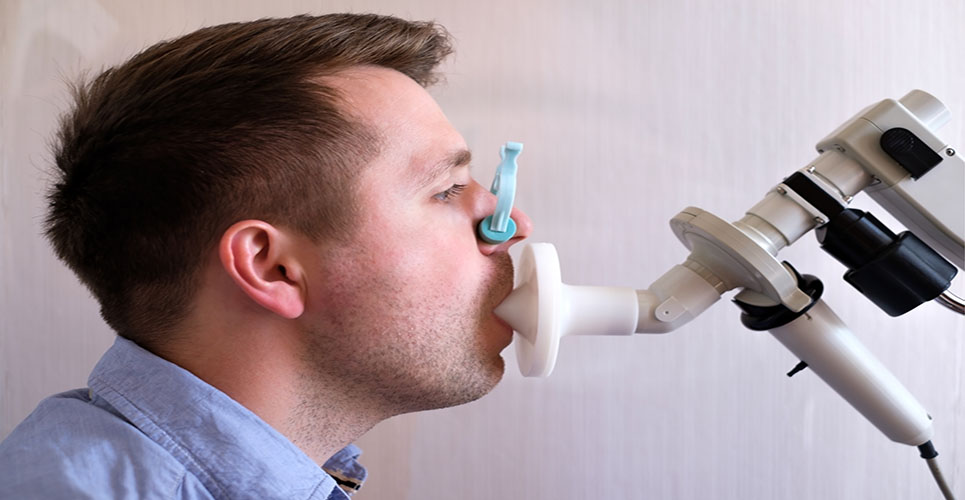teaser
UK-based researchers are involved in the developments of nearly a fifth of the world’s potential new medicines for diseases that cause breathing difficulties, according to figures released by the Association of the British Pharmaceutical Industry (ABPI).
But at the same time, the ABPI queried how many of these medicines would be made available to British patients, despite the leading role that the country’s scientists are playing in their development.
Of 262 medicines in development worldwide, 49 – or 19% – are to tackle diseases such as asthma, chronic bronchitis and emphysema.
Many will not make it through the development process – the attrition rate for medicines is great, making it a high-risk business – but the ABPI is questioning how many of the successful medicines will in fact reach patients.
“These figures show that British scientists are in the forefront of the fight against breathing disorders, but we are increasingly worried that the advances represented by many of these innovative medicines will not benefit UK patients,” said Dr Richard Barker, Director General of the ABPI.
“At the moment, the need for medicines to prove cost-effectiveness – based on overly-narrow criteria – is preventing many such medicines from reaching patients. It is a major disincentive to companies and other organisations to continue to research medicines if they are not to be utilised fully.”
Figures published by the Office of Health Economics (OHE) show that breathing disorders are responsible for an increasing number of deaths in the UK – Britain’s “silent killer”.
Chronic Obstructive Pulmonary Disease (COPD), which includes chronic bronchitis and emphysema, has been estimated to cost the NHS more than £800 million a year and to cause 24 million lost working days a year.
Causes for COPD include smoking – the single most important factor – environmental pollution, and hazards at work, such as dust, fumes and gases.
“Given the increase in asthma and COPD, and deaths associated with these diseases, the development of new medicines is essential to save lives,” said Dr Barker. “This has been recognised by the pharmaceutical industry and other researchers, who have made the UK a world leader in this area.
“It is now down to the Government and the NHS to make sure that medicines which make it through the regulatory process are then available to patients.”
Association of the British Pharmaceutical Industry
